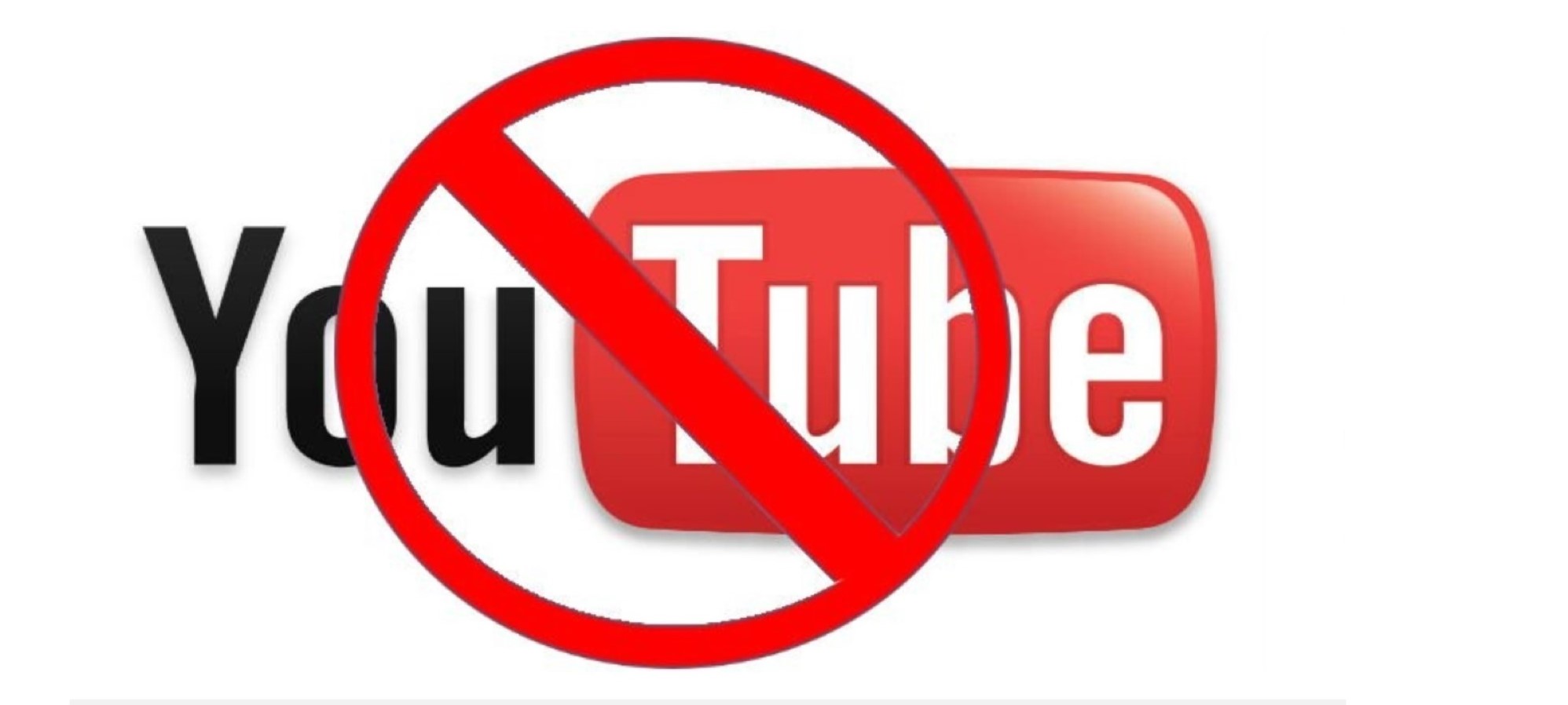
Russia’s new offensive against YouTube has resulted in the platform’s virtual disappearance in occupied parts of Ukraine. Even more worrying is Russia’s success in blocking some VPN servers which enable Ukrainians on occupied territory to receive truthful information, rather than the propaganda which the occupiers are foisting.
Mikhail Klimarev, IT-specialist and executive director of the Society for the Protection of the Internet, reported on 23 December that “YouTube is de facto blocked in Russia”, with traffic around 20% of what it was before Russia began this full-scale attack. Although the current Russian regime has been systematically crushing free information since Vladimir Putin first came to power, its assault on freedom of speech and information has become even more aggressive since the full-scale invasion of Ukraine, with such restrictions very actively imposed on occupied territory.
Donbas Realities has learned via monitoring services from local residents that you can’t open YouTube from many free VPNs in occupied Donetsk and Luhansk. For the moment, other VPNs, including some that are free of charge, do still work, but this may well change.
Russia began heavily obstructing YouTube back in July 2024. At least then, the policy seems to have been to slow it down so significantly that people stopped using it and opted for Russia’s propaganda-filled ‘alternatives’ such as the Gasprom-owned ‘RuTube’ instead. This was stated fairly openly by Russia’s foreign ministry which claimed, without providing any evidence, that YouTube was controlled by Washington, and called on people to sign up to and develop ‘RuTube’.
On 12 July, Gazeta.ru quoted an unnamed “source close to the president’s administration’ as saying that there were plans to block YouTube in the autumn, with September mentioned. It also quoted Putin’s spokesperson Dmitry Peskov who denied this and claimed that the problem was caused by Google’s alleged failure to modernize equipment. The same presidential administration denied plans to invade Ukraine until shortly before Putin sent the first missiles.
Russia is also trying to conceal the real reasons for another major restriction just imposed, namely a ban on telephone calls on messenger platforms like What’sApp. The claim this time is that the move is aimed at protecting ‘Russians’ from scammers.
In fact, all of these new restrictions and bans are very clearly aimed at blocking access to free sources of information and banning those services that Russia’s effective censor Roskomnadzor has difficulty in controlling.
Russia’s crackdown on independent media, journalists, and freedom of information began immediately after its invasion and occupation of Crimea and effective occupation of parts of Donetsk and Luhansk oblasts [occupied Donbas]. In all parts of Donbas that fell to the Russian/Russian-controlled militants, television towers were immediately seized, with equipment used to disconnect Ukrainian channels of information and switch to Russia’s state-controlled propaganda channels. Since 2022, the same aggressive measures have been used to block information and spread propaganda in all areas that came under Russian occupation. It is no accident that a significant number of Russia’s Crimean Tatar and other Ukrainian political prisoners and civilian hostages are either professional or civic journalists seized for their pro-Ukrainian position or their truthful reports about Russian repression, military aggression, etc.
See also:
Crimean imprisoned for criticising blocking of YouTube in occupied Ukraine and Russia



